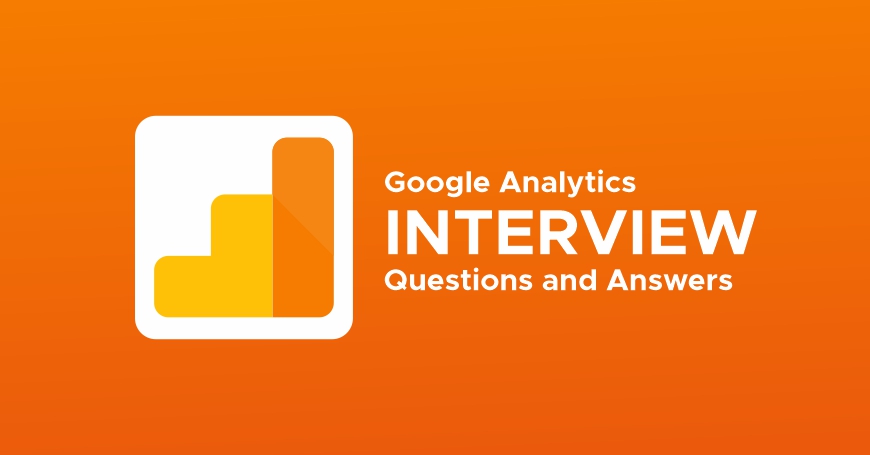Spread the loveWhen someone appears for a Google Analytics Interview, that person must have an overall knowledge about the probable questions to be faced. If you are still confused about the interview whereabouts, Below are the top 30 frequently asked …


